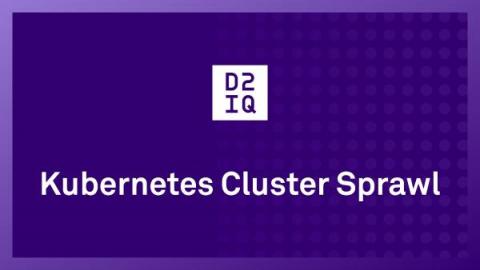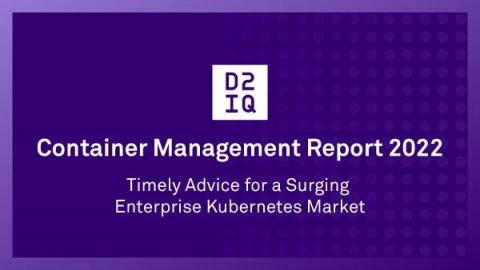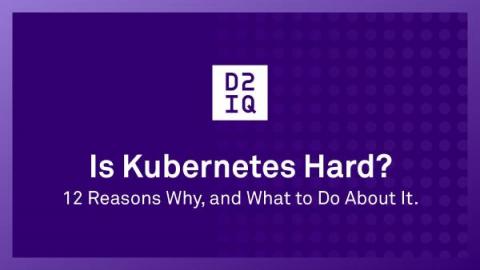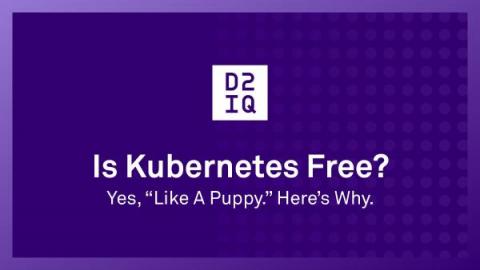Kubernetes Cluster Sprawl: How to Effectively Manage It Across Distributed, Heterogeneous Environments
If you’re managing multiple Kubernetes clusters at scale, you’ve probably run into Kubernetes cluster sprawl. And if you haven’t, brace yourself, because you’ll likely cross that bridge in the near future.






